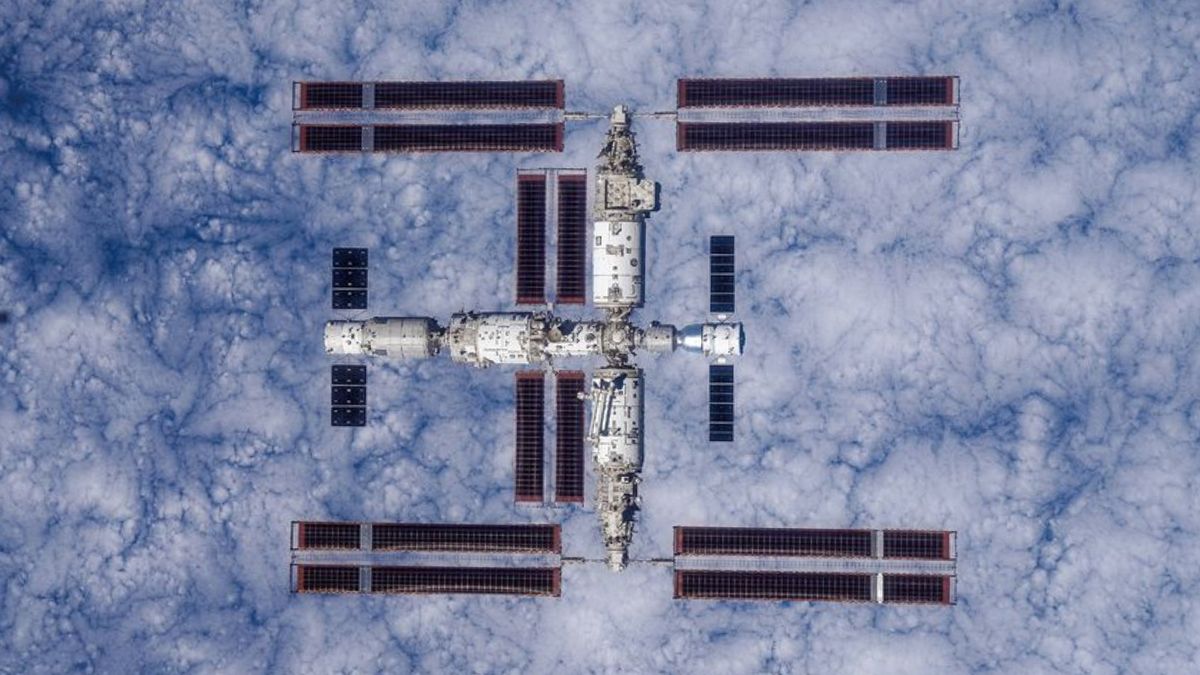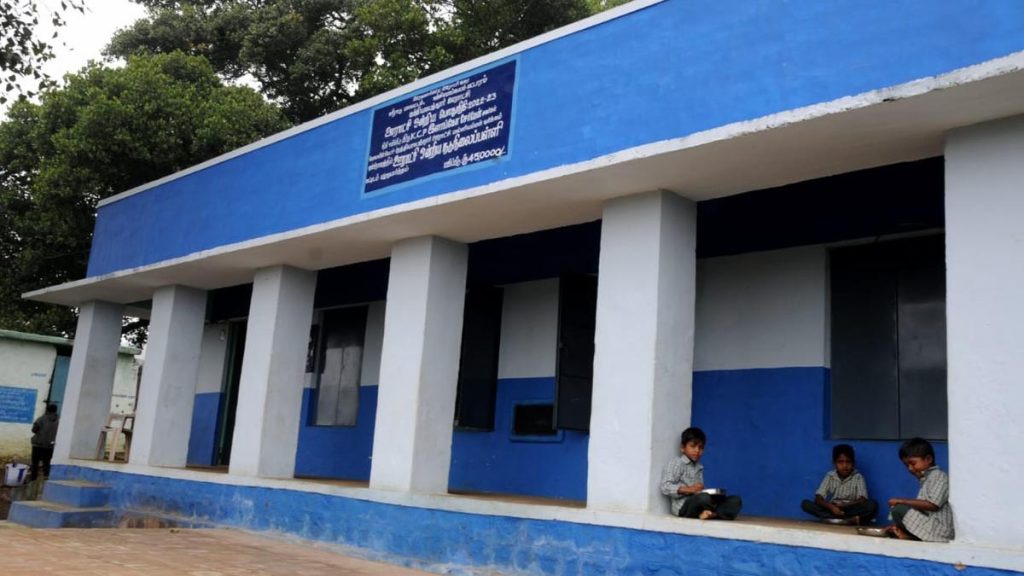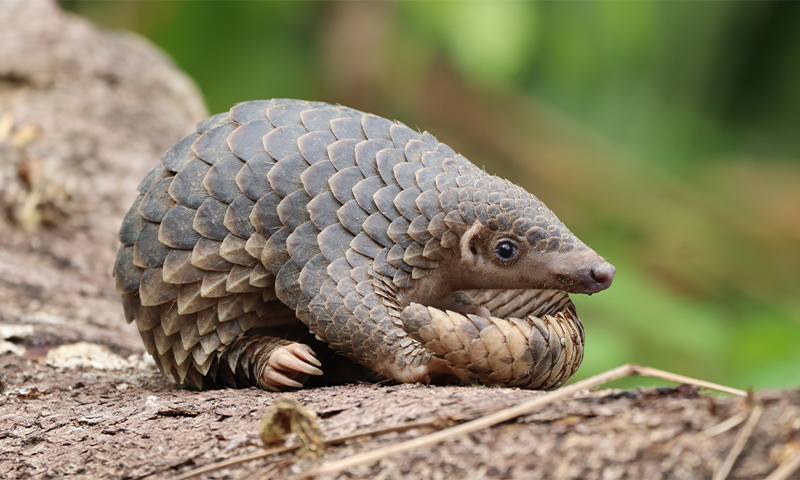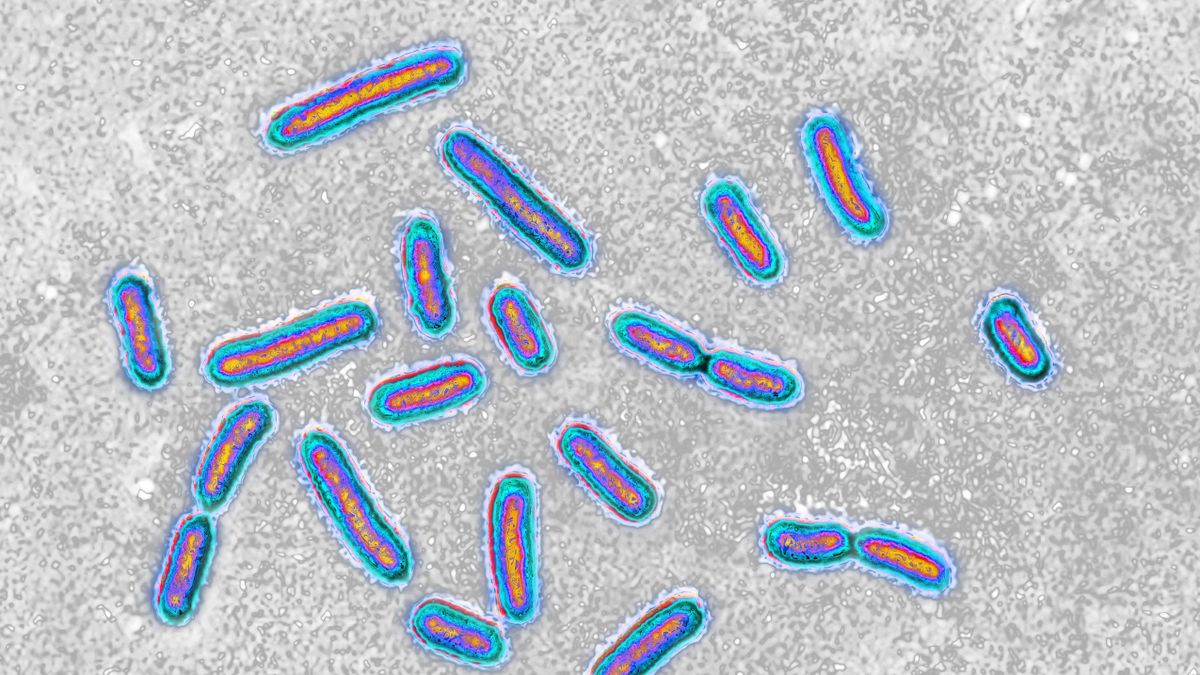Now Reading: New Bacterial Strain Discovered on China’s Tiangong Space Station
-
01
New Bacterial Strain Discovered on China’s Tiangong Space Station
New Bacterial Strain Discovered on China’s Tiangong Space Station

Rapid Summary:
- A new strain of bacteria,named Niallia tiangongensis,was discovered aboard China’s Tiangong Space Station,identified in cabin samples taken by the crew of the Shenzhou-15 mission in 2023.
- The microbe is closely related to Niallia circulans, a terrestrial bacterium that can cause sepsis in immunocompromised individuals.
- Key genetic adaptations observed in the strain allow it to survive space conditions such as oxidative stress, radiation damage, and nutrient limitations. It also forms biofilms by breaking down gelatin for carbon and nitrogen.
- Researchers aim to study further if this strain poses any risks to humans and how microbes adapt in space environments.
- Previous discoveries include antibiotic-resistant bacteria found on the international Space Station by NASA scientists.
Indian Opinion Analysis:
The identification of Niallia tiangongensis highlights the critical need for understanding microbial evolution during space missions-a frontier relevant for India’s enterprising space program.As human activity expands into outer space, potential health risks from adapted microorganisms require preventative strategies. This revelation reinforces the importance of microbial monitoring aboard spacecraft systems,an area where indian agencies like ISRO could deepen their focus amidst future manned missions. Collaborative studies with international scientific communities could accelerate innovations ensuring astronaut safety while bolstering india’s efforts toward lasting extraterrestrial exploration.




























